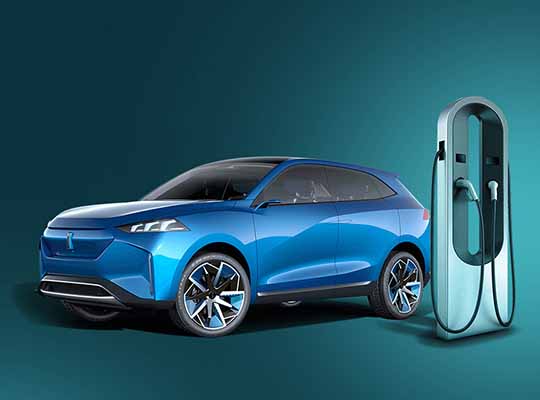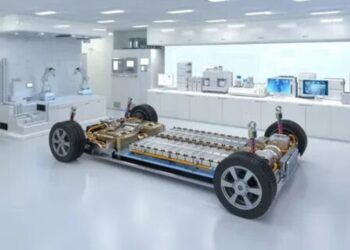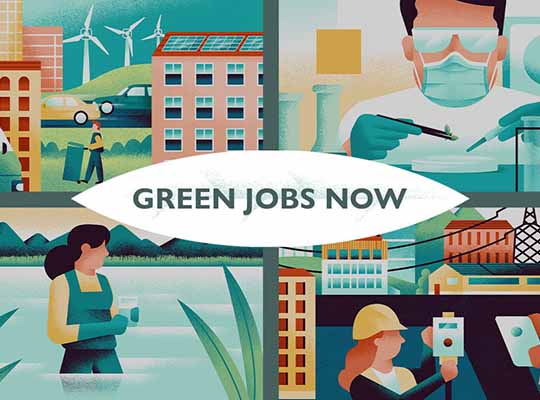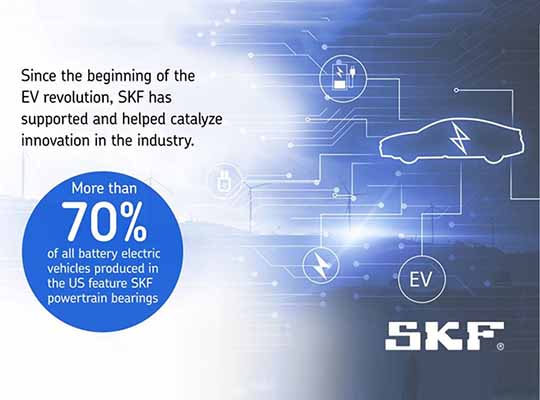Major fuel cell electric vehicle (FCEV) market participants include Ballard Power Cells, Meritor, Inc., US Hybrid, Hydrogenics, Nuvera, Sunrise Power, Ceres Power Holdings Plc, Dana Limited, and Shanghai Shenli Technology Co. Ltd.
SELBYVILLE — The fuel cell electric vehicle (FCEV) market is expected to surpass USD 15 billion by 2027, as reported in a research study by Global Market Insights Inc. Rising awareness against deteriorating air quality and noise from public and private transportation will boost the business trends.
The increasing demand for fuel cell Class 8 or long-haul vehicles is attributed to the higher costs involved in fuelling such vehicles. The heavier weight coupled with the requirement to travel long-distances & carry goods will further support the incorporation of fuel cell technologies in such vehicles. Industry participants are continuously investing in R&D to develop advanced trucks with fuel cell technologies.
The rapid spread of the COVID-19 pandemic hampered the growth of the fuel cell electric vehicle market in 2020. Market factors including shortage of labor, components, raw materials, and supply chain disruptions adversely affected the manufacturing operations and R&D activities of industry players. Moreover, decline in purchasing power among customers led to a fall in the market demand for FCEVs.
North America is expected to witness a high CAGR in the FCEV market on account of the presence of high-tech charging infrastructure. The region is witnessing an intensification of fuel-efficiency standards, offering stable growth prospects to the industry. Supporting government policies and adoption of fuel cell vehicles for powering public transportation will focus on encouraging early adopters of FCEV and assessing the economies of scale, thereby complementing cost reduction for alternative fueling infrastructure solutions.
Some major findings of the fuel cell electric vehicle market report are:
Strong economic growth, easier access to vehicle financing, and the rising household spending are propelling the adoption of high-end electric vehicles in North America, and MEA.
Consumer inclination toward incorporating new vehicle technologies, generating lower noise and vibration levels will provide potential opportunities for product penetration over the forecast period.
Factors, such as decreasing fossil fuel reserves and rising environmental concerns, are escalating the demand for alternate eco-friendly fuels for vehicles in Asia Pacific region.
Several government entities are taking initiatives to encourage the usage of zero-emission automobiles and meet the set objectives for reducing pollution levels. Fuel cell electric vehicles have the potential for long-term reduction of air pollution, greenhouse gases, and fossil fuel consumption.
The increasing adoption of fuel cells to power tractors and agriculture equipment will propel the market growth of FCEV through 2027. This is credited to easier driving and hauling capabilities along with lower noise and no emission.
Leading companies in the fuel cell electric vehicle market are emphasizing on strategic partnerships to expand their global presence and gain a competitive edge over rivals in the market.













